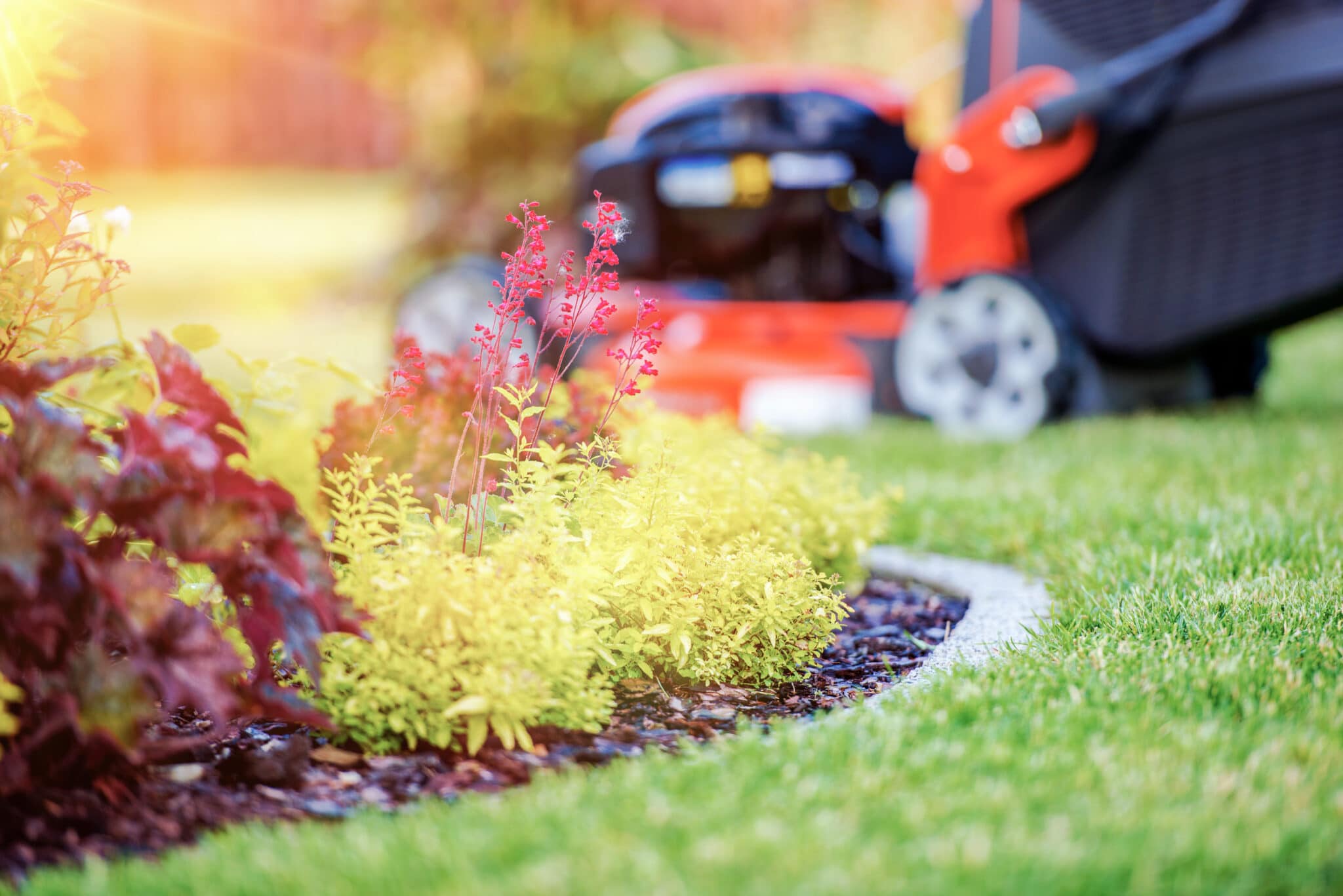Enhancing Lawns in Mineola

Maintaining a beautiful and healthy lawn year-round requires a seasonal approach to lawn care. Each season brings its own set of challenges and opportunities, and by tailoring your lawn care practices accordingly, you can ensure your grass thrives in every season. In this article, we'll provide you with essential tips and guidelines for spring, summer, fall, and winter lawn care to keep your outdoor space in top shape.
Spring Lawn Care:
Renewal and Growth Spring is a time of renewal and rapid growth for your lawn. Here's how to kickstart the season:
Dethatching and Aerating: Begin with dethatching to remove any accumulated debris and dead grass from winter. Then, aerate the soil to promote better air, water, and nutrient circulation. Overseeding: Fill in bare spots and encourage a thick, lush lawn by overseeding with the appropriate grass seed for your region. Fertilization: Apply a balanced, slow-release fertilizer to provide essential nutrients for the upcoming growing season. Weed Control: Prevent weed growth by applying a pre-emergent herbicide early in the season. Hand-pull any existing weeds. Mowing: Start mowing when the grass reaches the recommended height for your grass type, removing no more than one-third of the blade length.
Summer Lawn Care:
Heat and Hydration Summer can be challenging for lawns, but with proper care, your grass can thrive:
Proper Watering: Water deeply and infrequently to encourage deep root growth. Water in the early morning or late afternoon to reduce evaporation. Raise the Mower Blade: Adjust your mower blade to a higher setting to provide shade to the soil and reduce water loss. Mulch Clippings: Leave grass clippings on the lawn as natural mulch to retain moisture and return nutrients to the soil. Pest and Disease Monitoring: Keep an eye out for pests and diseases, and take action promptly if you notice any issues.
Fall Lawn Care:
Preparing for Winter Fall is the time to prepare your lawn for the winter ahead:
Aeration: If you didn't aerate in the spring, consider doing it in the fall to alleviate soil compaction. Fertilization: Apply a winterizing fertilizer to provide nutrients that will sustain the grass through the colder months. Overseeding: Continue overseeding to fill in thin areas and encourage strong winter growth. Leaf Removal: Regularly remove fallen leaves from your lawn to prevent suffocation and mold growth. Mowing: Gradually lower your mower blade as the grass growth slows to prevent winter matting.
Winter Lawn Care:
Minimize Stress While grass slows down in the winter, it still needs care:
Keep Off Frozen Lawns: Avoid walking or driving on frozen grass, as it can damage the delicate blades and create compacted soil. Snow Removal: If your area experiences heavy snowfall, be diligent in clearing snow to prevent snow mold and other issues. Pruning: Trim any overhanging branches or shrubs that may block sunlight and impede airflow.
Conclusion
A seasonal approach to lawn care is the key to a thriving, year-round landscape. By following these tips for spring, summer, fall, and winter, you can ensure that your lawn remains healthy, resilient, and beautiful in every season. Remember that each season presents unique opportunities to nurture your lawn, and by adapting your care practices accordingly, you can enjoy the benefits of a well-maintained outdoor space throughout the year.